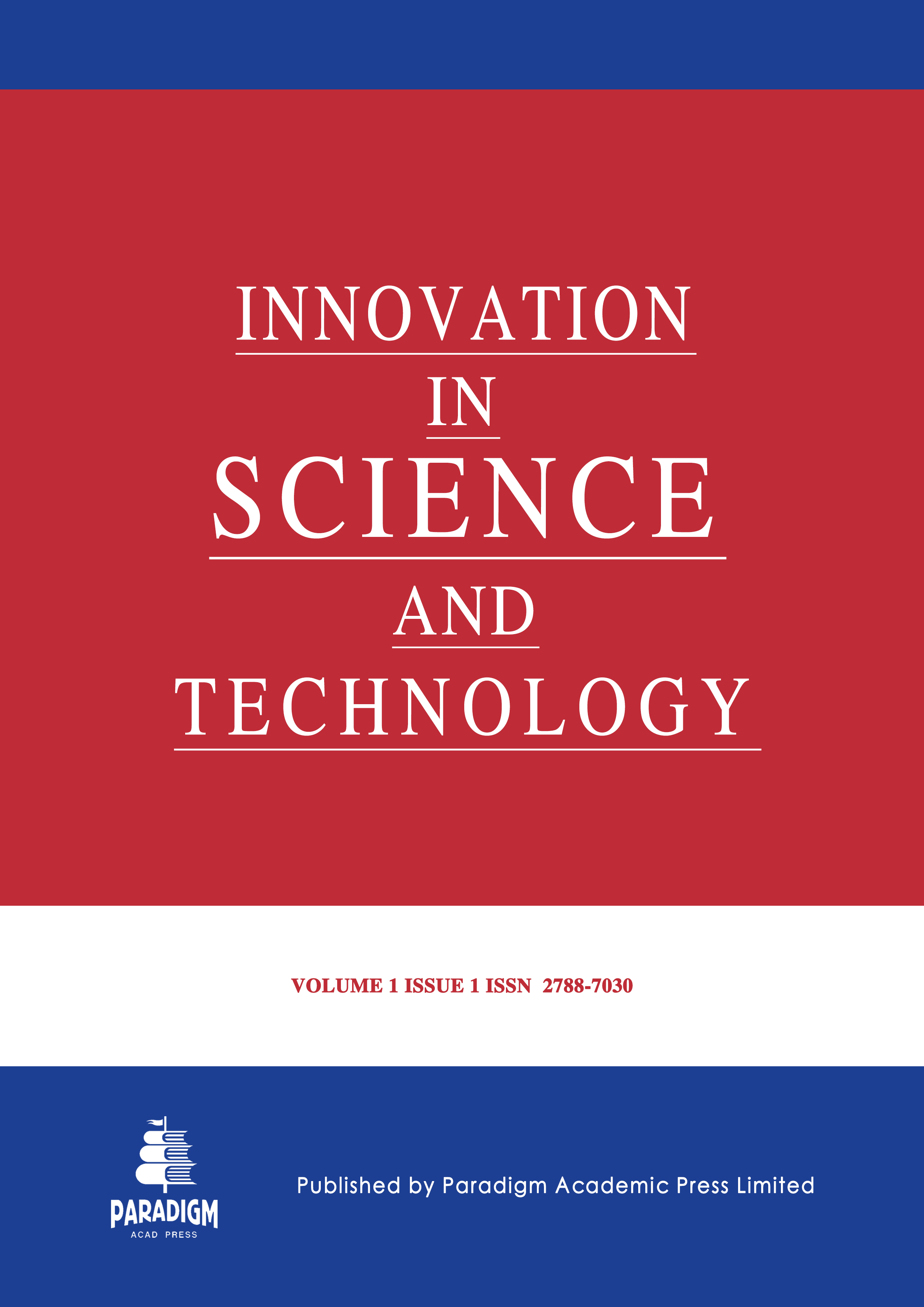A Review on Waste to Electricity Potential in Nigeria
Keywords:
biogas, electricity, municipal solid wasteAbstract
Inadequate supply of electricity in a country can be a major setback to the development of its economy. The subject of electricity generation, distribution and transmission has been a major issue in Nigeria and has been the center of previous research over the years due to the inadequacy of supply to the citizens of the nation. Owing to the carbon footprints left by conventional source of electricity generation, other sustainable options are being explored. Biogas been generated from municipal solid waste is a current trend in renewable energy. In this review, considering all the factors stated above, a MSW stream has been identified as a consistent source and also a widely accessible and available source that can be utilised for energy generation. In addition, it is an unwanted resource in the state, as such, will easily be accessible. Waste management practice in Nigeria seems to be unsustainable, as a result of the steady increase in the amount of waste generated on daily basis. Although, building a biogas plant could handle huge amount of waste and provide electricity to household, however, the greatest challenge to setup such facility could be in-terms of capital investment, as well as operating and maintenance cost. The best suited technology for application is anaerobic digestion of food waste, the reason for this is that most of the non-biodegradable materials are recycled by scavengers, and a consideration of the fact that Nigeria imports a greater percentage (80%) of its fertilizer from abroad, thus, application of this technology is enormous, as the by-product of the digestion process will serve as fertilizer which will be sold to farmers.


